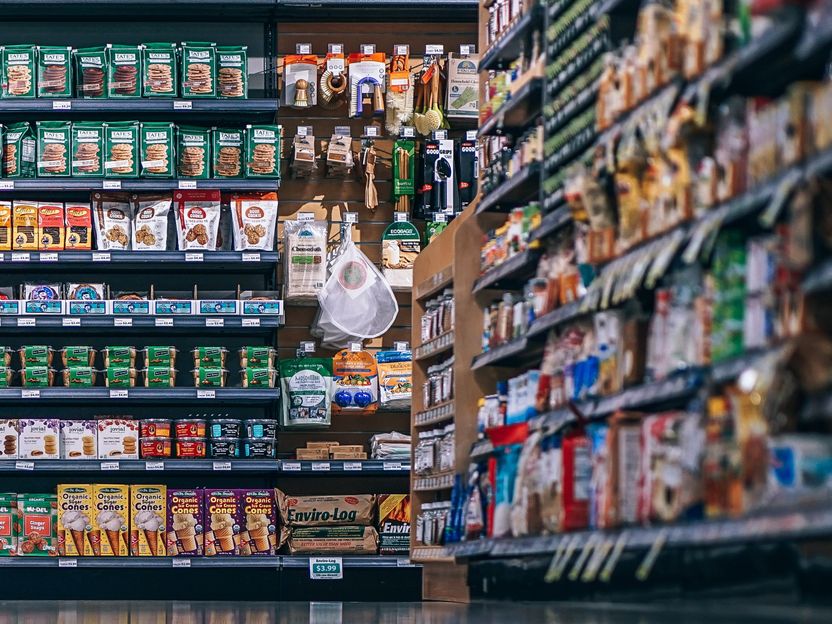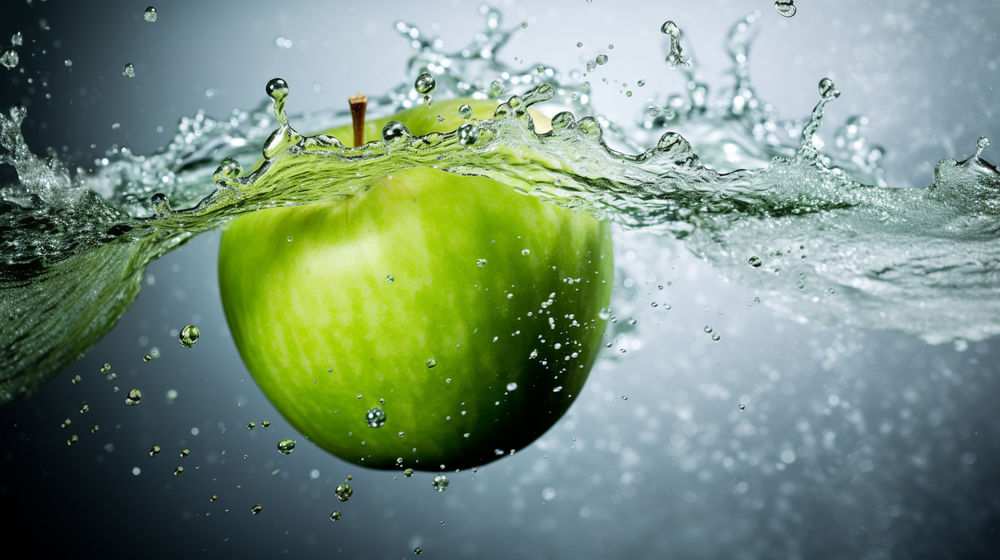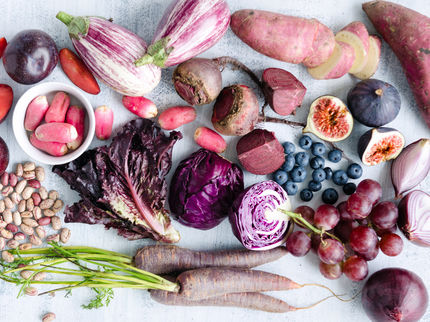Clean-Label Foods – A New Demand for Processed Food Labeling
Consumers are becoming increasingly health-conscious, leading them to favor ‘natural’ foods over artificial alternatives.
Advertisement
This poses a significant challenge for the food processing sector. To successfully adapt, it must develop clean-label products – promoting foodstuffs with a simple composition that’s based on natural ingredients.

If the COVID-19 pandemic has taught us anything, it’s that our health is the most important priority in life.
Consumers are becoming more conscious about the food they eat, understanding that food plays a major role in leading a healthy lifestyle. The food industry needs to both satisfy the expectations of these increasingly health-conscious consumers and expand its array of products to cater to consumers’ ever-increasing range of preferences.
This complexity is spilling over into food labeling. Despite food legislation being introduced to make this process as simple, accurate and easy to understand as possible, the evolution of the food processing sector is muddying the waters. New products – with complex labels and descriptions – are being introduced to the market on an ongoing basis.
The Importance of Food Labeling
Recent (June 2021) research conducted by the IFIC on adults over the age of 18 showed that:
- Nearly two in three respondents say that ingredients have at least a moderate influence on their food and beverage purchases
- When shopping, consumers consult on-package ingredient information far more than online sources or asking personal contacts
- Most people say they’re paying more attention to ingredient lists, choosing clean ingredients and avoiding ‘chemical-sounding’ alternatives
- Nearly half of ‘clean eaters’ define the term as those who eat foods that are not highly processed. For instance, this includes fresh and organic produce, or food that contains a simple list of ingredients
- Their primary motivation for picking foods and beverages with clean ingredients is to reap the health benefits
Clean eaters therefore seek out ‘clean-label’ foods, though there is no precise definition of what this entails. They are generally considered to be simple and natural foods. However, this concept is fairly multidimensional and has yet to be defined in any regulation or piece of legislation in the EU or the US. Indeed, the market itself has arguably been the major driving force in defining clean-label food products.
It’s generally perceived that clean-label food products are made from a simple list of natural ingredients. They’re not over-processed and don’t contain additives, artificial ingredients or genetically modified organisms. They’re produced in a simple manner, using recognizable ingredients that consumers themselves could use when cooking at home.
Interestingly, it appears that the SARS-CoV-2 pandemic further contributed to the clean-label foods evolution. The above IFIC survey demonstrated that consumers’ behavior became healthier during the outbreak as they adopted healthier eating habits, increased their personal hygiene habits and showed an increased preference for making home-cooked meals.
However, food composition is just one element of clean-label food products. It’s also worth highlighting that consumers expect these foodstuffs to have a minimal impact on the environment. This presents an additional challenge for the food industry. Not only does it have to reformulate its products, replacing artificial ingredients with ‘natural’ alternatives, but it also has to transition away from over-processing – using new techniques that are simple, safe and sustainable.
This new trend towards clean eating is also reflected in food labeling. Following the widespread adoption of labels such as vegetarian, vegan, non-GMO, free from additives and high in nutritional value, a new term – ‘all-natural’ – has now been introduced. This is strongly correlated with the clean-food label. Regulations have introduced various rules and conditions that companies must adhere to for the majority of nutritional claims (such as ‘free from,’ ‘low in’ or ‘high in’ products). However, when it comes to emphasizing products’ natural origin or their manufacturing processes, the rules are a little harder to understand. This is why companies must seek expert advice from food specialists that have a deep knowledge of both local food labeling legislation and local market practices.
SGS operates a vast network of global food labeling experts. They support food business operators by ensuring that their labels on multimarket food products are compliant at all times. Assessing a food label, especially if it contains complex information and the product is available in a worldwide market, is a difficult task. SGS’s specialists consider the multiple regulations that the label will have to adhere to. They use their expertise to evaluate potential risks before advising organizations on the safest direction for presenting their labeling information. SGS’s support enables organizations to safely navigate both regulated labels as well as those which are not yet regulated, such as ‘all-natural’ labels. However, it’s worth highlighting that this will indeed soon be clearly defined by a legally enforced regulation so as to prevent misuse – and to simply communicate key information to end-consumers.
As Hippocrates said back in 400 BC, ‘Let food be thy medicine and medicine be thy food.’ Food has long been considered a natural medicine, with the right food fueling long-term health, building strong immune systems and enabling us to achieve physical (and mental) well-being. As consumers increasingly begin to understand this, the food industry must adapt accordingly. It must provide healthy, safe and sustainable food – and clearly label it as such.
Other news from the department business & finance
Most read news
More news from our other portals
See the theme worlds for related content
Topic world Hygiene
Hygiene is the foundation of the food and beverage industry. Hygiene technology ensures that products are not only tasty, but most importantly, safe for consumption. From advanced cleaning processes to sterile filling techniques, the industry is constantly setting new standards to prevent contamination and the growth of microorganisms.

Topic world Hygiene
Hygiene is the foundation of the food and beverage industry. Hygiene technology ensures that products are not only tasty, but most importantly, safe for consumption. From advanced cleaning processes to sterile filling techniques, the industry is constantly setting new standards to prevent contamination and the growth of microorganisms.





























































